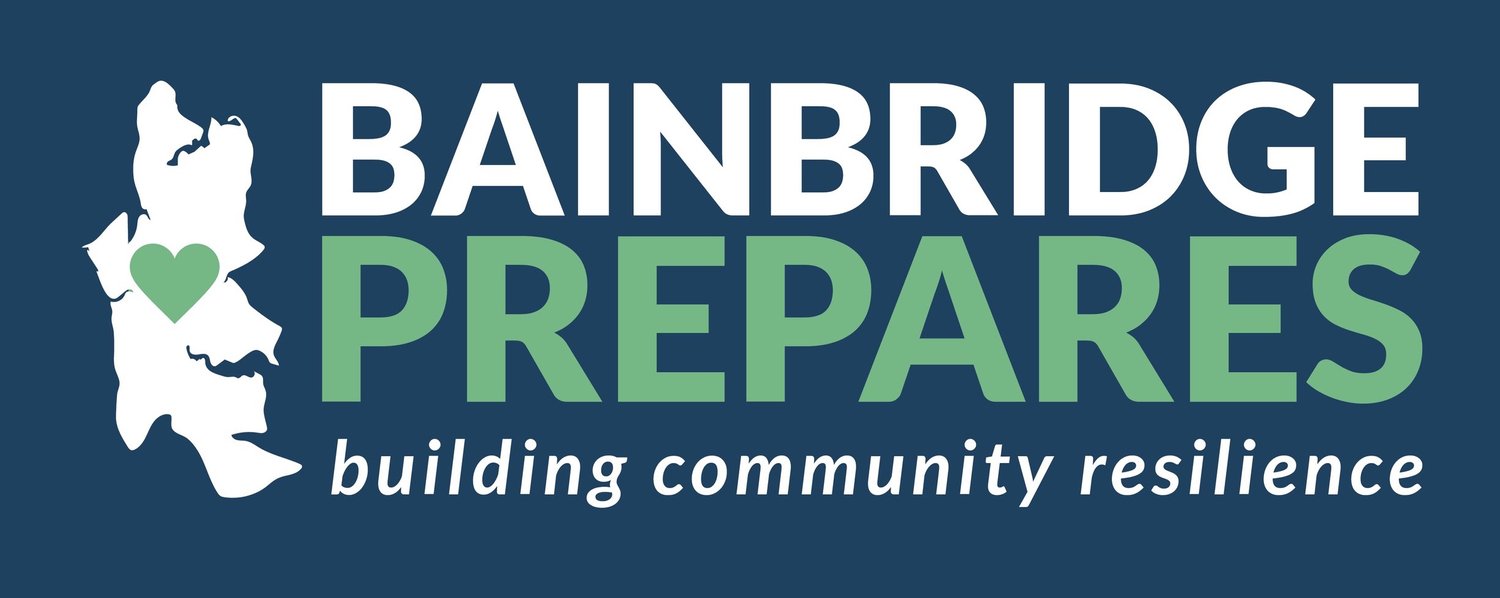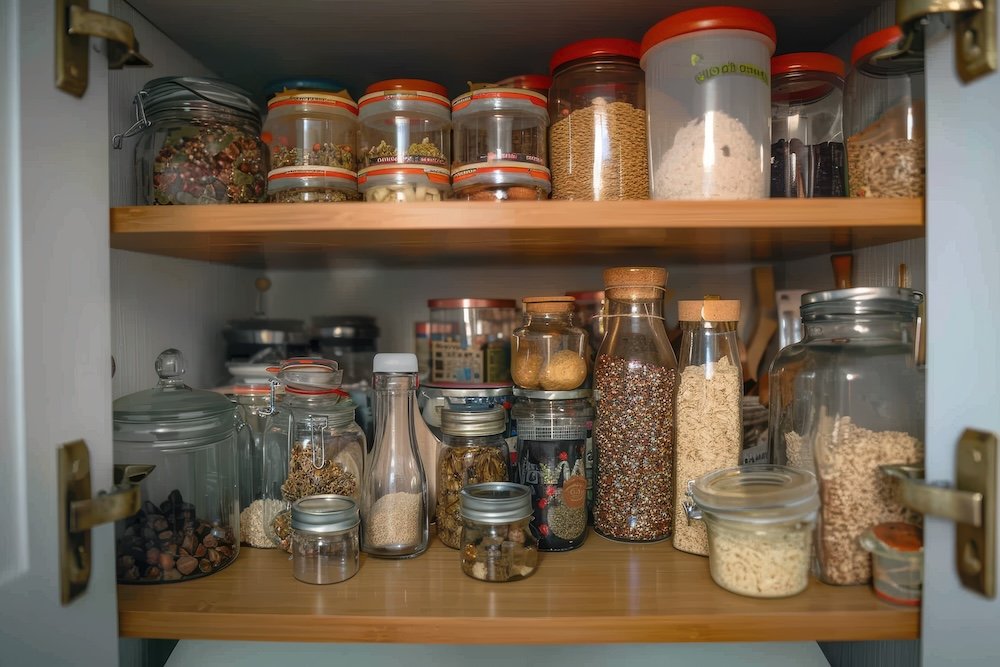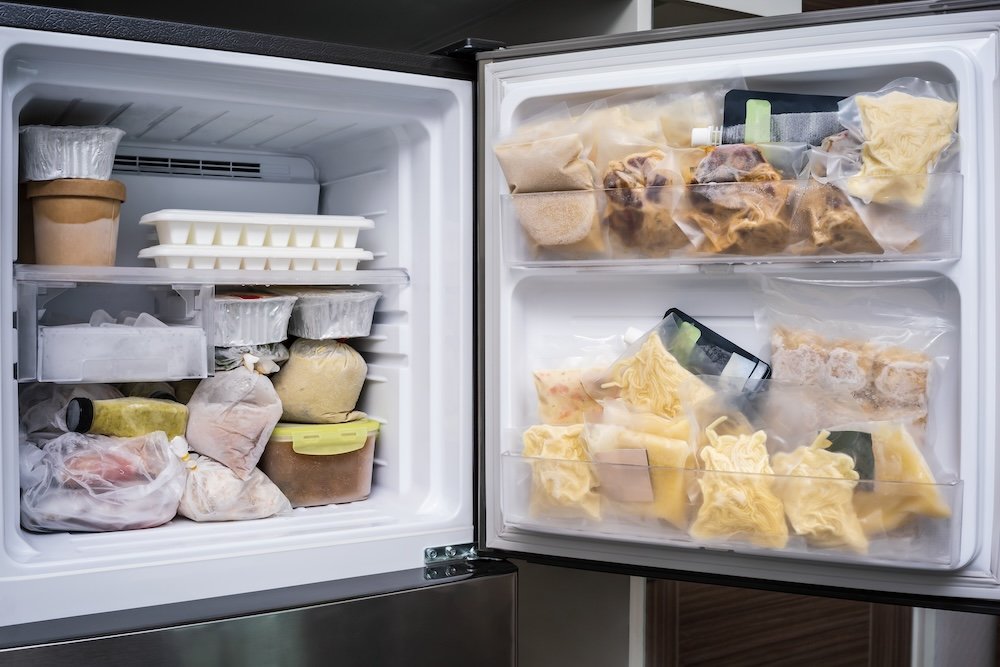Check out These Pro Tips for Emergency Food Storage & Use
Storing a large supply of food can be challenging. It requires spending money, making decisions, anticipating food needs, checking for expiration, and restocking. It’s not a one-and-done event.
To help you with this month’s Prepare in a Year emergency prep activity—storing four weeks of emergency-supply food— here are some pro tips.
Food Storage Pro Tips
Before storing your food, mark the expiration date on the packaging in large letters using a permanent marker. This will make your annual food check much easier.
Rely on the expertise of our very own Veg Club when it comes time to can and ferment the fruits (and vegetables) of your garden.
If you plan to buy a pre-packaged emergency supply of food, do a family taste test with a small sample first. Also, make sure the food meets nutritional requirements. Look at the charts here and here.
Keep it simple. Store as much of your emergency food as possible in your pantry where you will see it daily and monitor your supplies. Store foods that your family normally eats so there will be no unpleasant surprises.
Make sure your food isn’t going to get damaged in an earthquake. Secure jars so they don’t fall and break.
Post-Disaster Food Use Tips
We’ve also got some advice on using the food after an emergency:
After the power goes out, keep the door closed on your fridge. That way you can get the fridge contents to last for about four hours.
Same thing with your freezer. If you keep the door closed and your freezer is full, the food should last 48 hours. If it’s half full, you’ve got 24 hours.
After a large-scale disaster, you know the power is going to be out for a while. Once your four hours on the fridge are up, cook the rapidly expiring foods like meats and vegetables right away. This will extend your food expiration window. OR move it to a cooler outside if the temperature is 40 degrees or below. OR use your generator to keep things cool for longer.
After 24 or 48 hours, start to cook the freezer food. Use the same suggestions as for the fridge food.
Once you’ve consumed the fridge and freezer foods, then turn to your canned and dried foods in your pantry.
Benefits of Teamwork
One last thing. Whenever something is extra challenging, consider working with other people to figure it out. Pick a neighbor you like who has a similar family size or similar needs and do your emergency food shopping , storing, and checking together.




